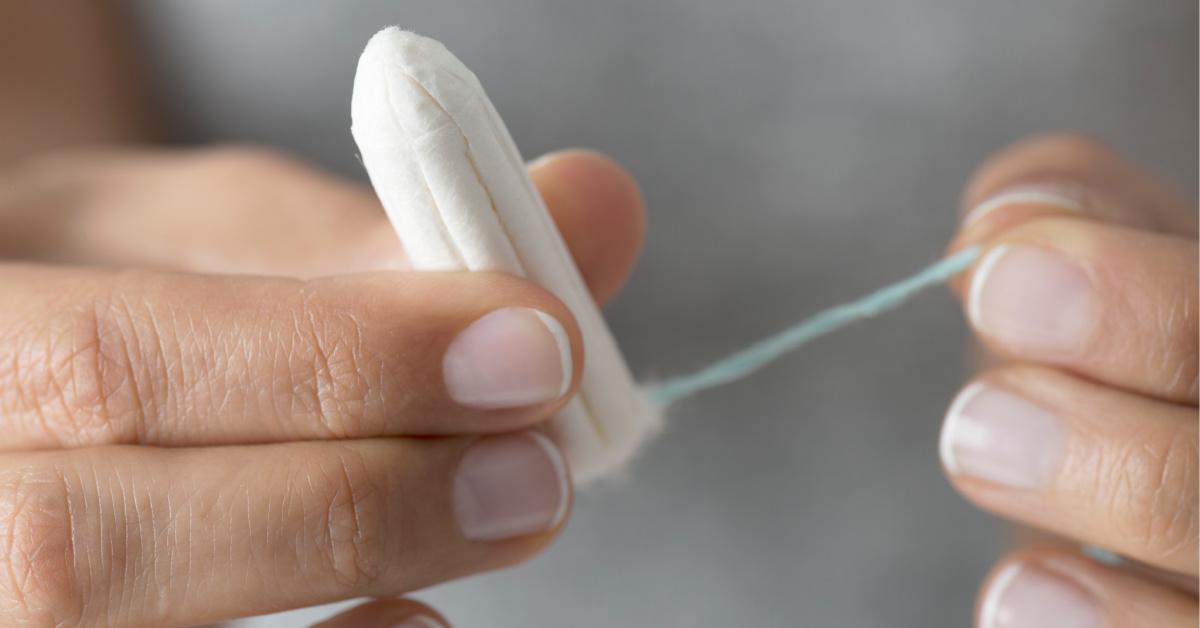Here’s What Happens if You Die While on Your Period
Updated Sept. 11 2020, 6:47 p.m. ET

You know how sometimes you get a random song (or, even worse, just a snippet of a song) stuck in your head? You figure it’ll work its way out sooner or later, but no. Hours pass and you find yourself still humming the opening riff of Carly Rae Jepsen’s “Run Away With Me” with no end in sight. Well, that happens to us with random questions sometimes.
Today, we woke up wondering: What happens if you die while on your period? And that, folks, was the end of the day’s productivity. We had to find out. This is obviously a question that needs answering, right? So, we’re gonna answer it.

What happens if you die while on your period?
OK, we’re gonna address two different parts of the whole “dying while on your period” process here. And this probably goes without saying, but we’ll be discussing both dead bodies and menstruation, so be prepared for that. If talking about dead bodies freaks you out, maybe skip this one. (And if talking about menstruation freaks you out, get over it because it is a natural bodily process.)
First up, let’s talk about what happens after death as far as menstruation is concerned. Will a person who dies while on their period continue to menstruate after death? The answer is no. At least, not for long after death.
When someone dies, their blood stops circulating throughout their body — you probably knew that already. The heart is no longer pumping in a dead body (we know, another shocker), so the blood also stops moving. The longer the blood sits motionless, the thicker it becomes. This starts roughly four minutes after death and is a part of the first stage of decomposition known as autolysis.

So, in short, some blood and uterine lining might exit a person’s vaginal canal after that person dies (assuming they are on their period when they die), but it would not continue for very long.
You may also be wondering what might happen if a person dies with a tampon or menstrual cup in place inside them — what happens to them? If there is an autopsy, the tampon or menstrual cup would most likely be discovered and removed at that point.
Otherwise, they would most likely be found and removed when the body is being prepared for either cremation or embalming. In the case of embalming, morticians drain the body of fluids, then fill the body with embalming fluid in order to preserve it before burial. Sometimes, they then insert plugs (made of either plastic or absorbent cloth) in the body’s orifices to prevent unwanted drainage. If they do, they’d most likely notice and remove anything in the vaginal cavity during this step.
However, some funeral homes elect to place adult diapers the deceased’s body rather than use plugs. In this case, it’s possible that a tampon or menstrual cup would not be removed prior to burial.
In summary, there’s nothing particularly remarkable about what happens if a person dies while on their period, especially considering that people who work with dead bodies have pretty much seen everything.